
As Brexit talks slowly edge towards deeper and more complex negotiations, the process has highlighted a range of issues across a number of industries that may otherwise have remained untouched. Production investment in the UK has been an ongoing cause for concern as lack of improvement in post war productivity becomes more highlighted than ever. Industry planning outside of the EU will require considerable organisation and investment and automation will remain central in the new manufacturing landscape.
The current status in the UK
Five years ago the UK, which at the time was the 7th largest economy in the world, held a worldwide ranking of 19th in terms of robot density within the manufacturing sector. According to a report by the Centre for Economics and Business Research, in 2015 the UK were behind countries such as the US, Germany, Japan and South Korea. For every 10,000 employees working in general industry, in the UK there were only 33 robots in use. In addition to this, there were only 10 robots per million hours worked. When you compare this to 133 for Germany, 167 for Japan and 131 in the US, we can see there is still some work to do.
Automation is a key global industry that will prove pivotal to the sustained growth of future economies, and these figures suggest the UK has some ground to recover. The restructuring of the manufacturing sector that occurred throughout the 70s and 80s meant that many began to see the industry as outdated and secondary to the importance of the newly deregulated financial institutions and markets. In the decade between 2005 and 2015, it is worth noting that productivity in the manufacturing sector grew three times faster than the entire UK economy. The sector is currently responsible for 45% of all UK exports which see us positioned as the 9th largest industrial nation in the world. With technology becoming more accessible and cost effective, the fourth industrial revolution is moving at a rapid pace, and the Government is keen to see the UK working on the cusp of these developments.
The government’s plans
At the start of this year, the government unveiled its Industrial Strategy. This outlined a plan to invest £2 billion per year by 2020 for new research and development in the tech sector. Only last week Prime Minister Theresa May announced additional funding of £17.3 million for research and development into AI in universities. These ambitious plans aim to place the UK at the centre of the next tech-driven industrial age, in an attempt to recover the shortcomings that have occurred over the past few decades.
Smart manufacturing and the Industrial Internet of Things (IIot) will build upon the work that automation has already forged over the past decade and a half. By focusing on the possibilities that automation allows, it presents the opportunity to push the boundaries of technological innovation so vital to growing the UK economy in a post-Brexit world. Robotics and integrated automation is set to revolutionise the entire supply chain. For example, when you consider that approximately 80% of warehouses still rely on manual processes, you can see the environment is ripe for development.
What the future holds in store
With augmented and virtual reality technology becoming far more accessible, the next generation of automated tools will provide a more interconnected landscape. This will find use in areas such as plant maintenance, predictive maintenance, virtual reality tools and processes and, of course, the continued implantation of robotics using this technology along with advanced AI.
Now is the ideal time for government and businesses to build a coherent strategy that will position the UK as a leader in the field of technological innovation. Both are aware that manufacturing will remain at the forefront of these changes and blueprints for regulatory reforms, as well as skills training, will need to be identified and clearly structured.
The good news is that many companies are planning to solidly invest in automation over the next two years. The annual EEF/Santander Annual Investment Monitor survey surveyed 328 businesses in August and over 51% stated they intended to increase their spend in this area. What the results also reveal is that this is mostly to satisfy current demand and capacity, rather than to improve productivity and increase production. Understandably, many companies are in a state of flux due to the uncertainty produced by our planned exit from the EU. This makes the need for an industrial strategy to be delivered by the government more urgent than ever.
As a market leader in automation, Granta will be a key player in the changing face of manufacturing over the next few years and beyond. For manufacturers uncertain of what Brexit holds in store, the opportunities that automation offers right now can add significant benefits to your business, providing a crucial competitive edge.
Our sales team are also able to answer any further questions you might have and they can be reached on 01223 499488 or by email helpline@granta-automation.co.uk.


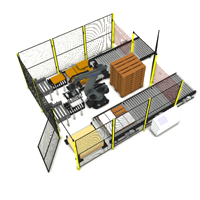
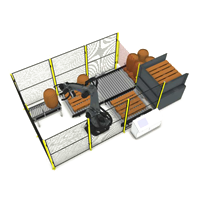
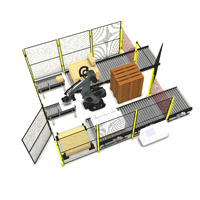
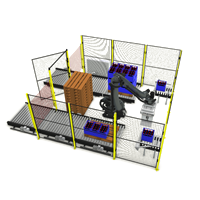
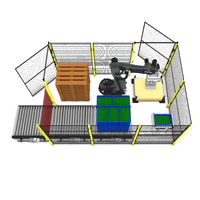

Warning: Undefined variable $aria_req in /var/www/granta-automation.co.uk/news/wp-content/themes/twentyten/comments.php on line 81
Warning: Undefined variable $aria_req in /var/www/granta-automation.co.uk/news/wp-content/themes/twentyten/comments.php on line 86